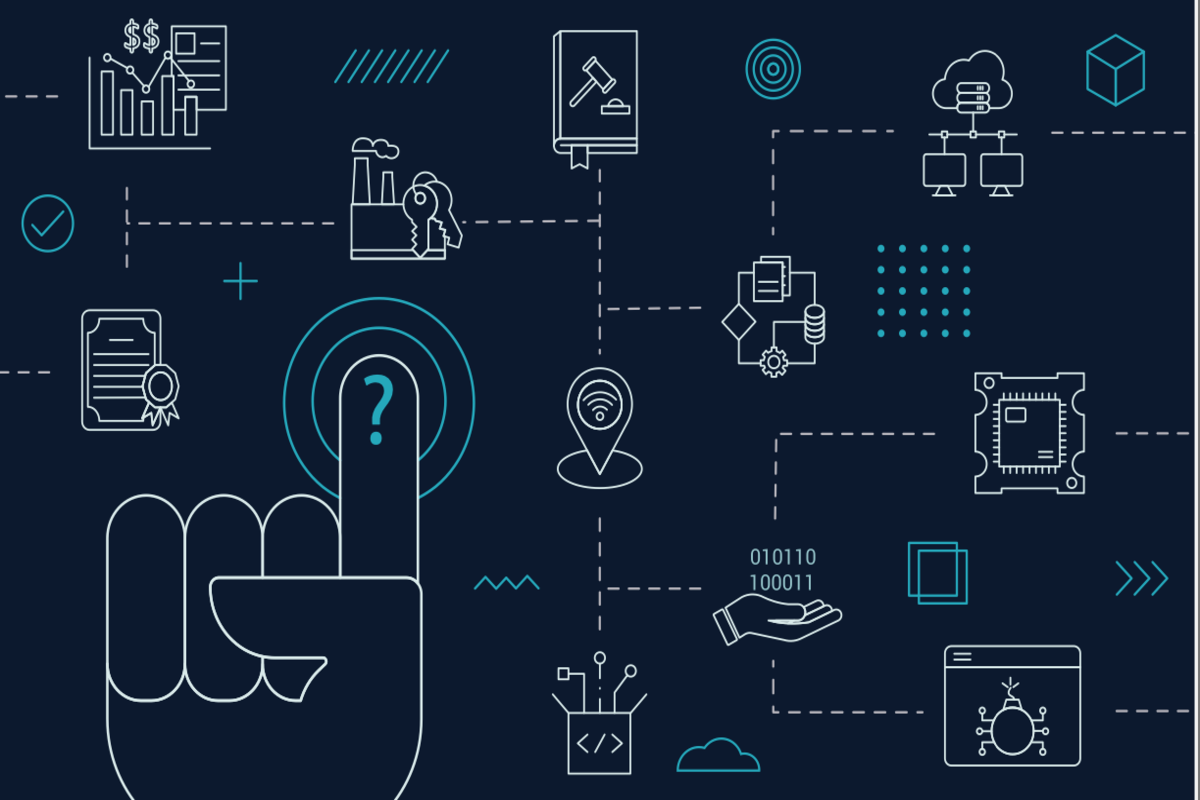In an increasingly digital world, cybersecurity has become a critical concern for individuals, businesses, and governments alike. Every day, new threats emerge, and innovative solutions are developed to counteract these dangers. Staying informed about the latest developments in cybersecurity is essential to protect sensitive information, maintain privacy, and ensure the integrity of digital infrastructures.
Our Cybersecurity News page is your go-to source for the most up-to-date information on cyber threats, data breaches, regulatory changes, and technological advancements. We provide comprehensive coverage of the latest news, expert insights, and practical advice to help you stay ahead of potential risks. Whether you’re a cybersecurity professional, a business leader, or simply someone interested in the field, our news updates will keep you informed and prepared in the ever-evolving landscape of digital security.
Cyber Threat Bulletin: The Cyber Threat to Major International Sporting Events
The Canadian Centre for Cyber Security has released a bulletin detailing the cyber threats facing major international sporting events. It warns of potential threats from cybercriminals, hacktivists, and state-sponsored actors over the next year. This bulletin is crucial for all Canadians participating in these events, including spectators, athletes, and associated organizations. Key Points Despite variations…Continue reading→
Transitioning to a cyber resilience approach
Cyber resilience involves the capability to predict, endure, recover from, and adapt to adverse situations and breaches within systems that rely on or are enabled by digital resources. A cyber resilience approach considers security from a holistic perspective, recognizing the complexity in planning and response. It emphasizes the importance of collaborating among different system elements,…Continue reading→
Advisory on deploying AI systems securely
The Communications Security Establishment (CSE) and its Canadian Centre for Cyber Security (Cyber Centre) have collaborated with the National Security Agency’s (NSA) Artificial Intelligence Security Centre (AISC), the Cybersecurity and Infrastructure Agency (CISA), the Federal Bureau of Investigation (FBI), and several international partners to release cybersecurity guidance on securely deploying artificial intelligence (AI) systems. AI…Continue reading→
Guidance on choosing secure and verifiable technologies
The Canadian Centre for Cyber Security has teamed up with the Australian Signals Directorate’s Australian Cyber Security Centre (ACSC), as well as international partners such as the New Zealand National Cyber Security Centre (NCSC-NZ), the UK National Cyber Security Centre (NCSC-UK), and the US Cybersecurity and Infrastructure Security Agency (CISA) to release cybersecurity guidance on…Continue reading→
Best practices for passphrases and passwords
Ensuring strong passphrases and passwords is crucial for maintaining security in the digital age. Here are some best practices: 1. Use a combination of uppercase and lowercase letters, numbers, and special characters to create a strong passphrase or password. 2. Avoid using easily guessable information such as birthdays, names of family members, or common words….Continue reading→
Security advice for companies with remote employees
Security advice for companies with remote employees. 1. Implement strong password policies: Encourage employees to use complex passwords and change them regularly to prevent unauthorized access to company systems and data. 2. Use multi-factor authentication: Require employees to use an additional form of verification, such as a code sent to their phone, when accessing company…Continue reading→
Canada’s Anti-Spam Legislation
Canada’s Anti-Spam Legislation (CASL) was introduced in 2014 to combat the growing issue of unsolicited commercial electronic messages, commonly known as spam. The legislation aims to protect Canadians from receiving unwanted emails, texts, and other electronic communications that could potentially be harmful or misleading. CASL requires businesses and organizations to obtain consent before sending commercial…Continue reading→
Cyber Safe Guide for Small and Medium Businesses
Similar to the majority of small and medium-sized enterprises in Canada, the Internet is a vital resource for thriving in the current digital economy. Putting your business online enables you to expand your clientele and attract new ones. Even without a website, Facebook page, or Twitter account, you most likely rely on the Internet for…Continue reading→
Technical Paper on Digital Twins and Cybersecurity Scenarios from ECSO
Digital twins are virtual representations of physical objects or systems that can be used for various purposes, such as monitoring, simulation, and predictive maintenance. In the context of cybersecurity, digital twins can be used to create cyber-physical systems that mimic real-world environments and help organizations identify vulnerabilities and potential threats. The European Cyber Security Organisation…Continue reading→








